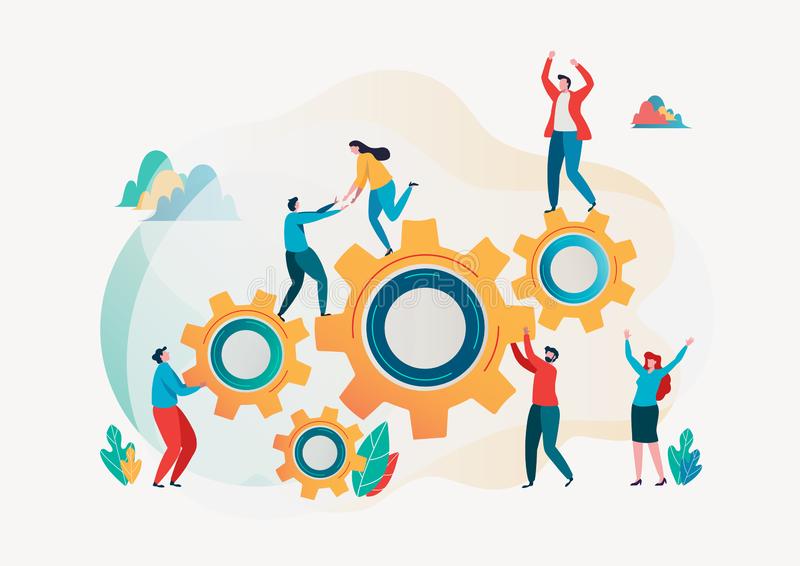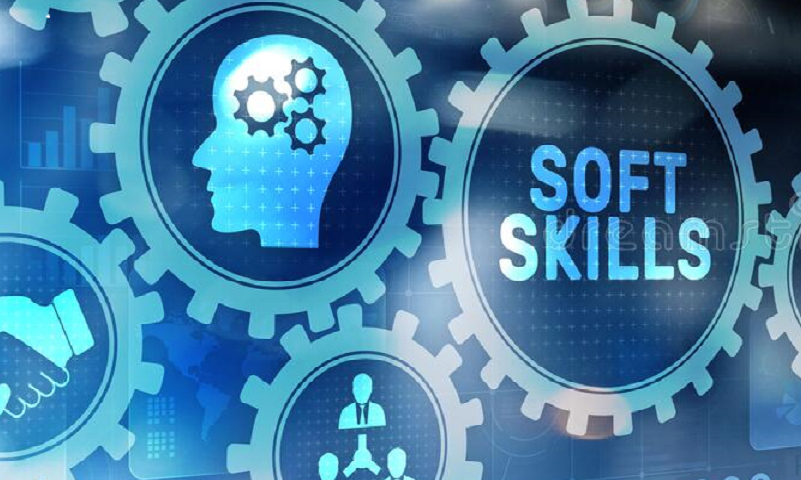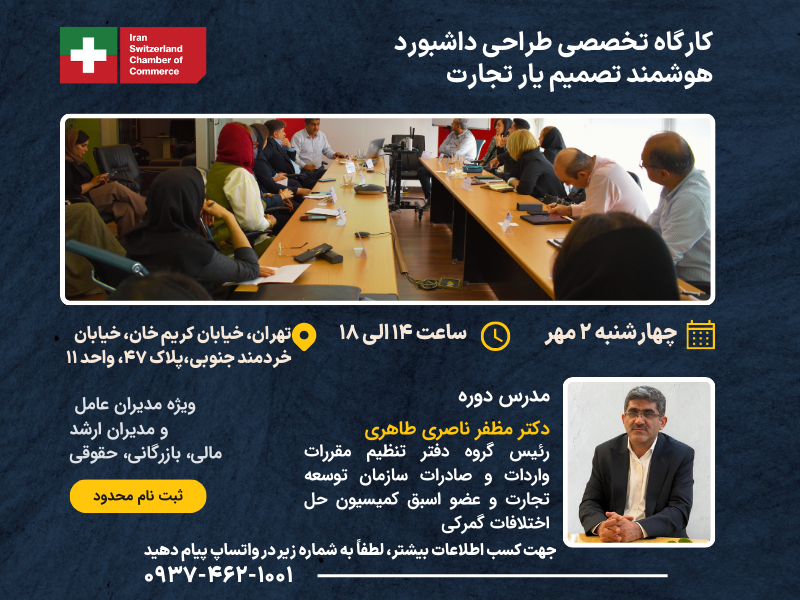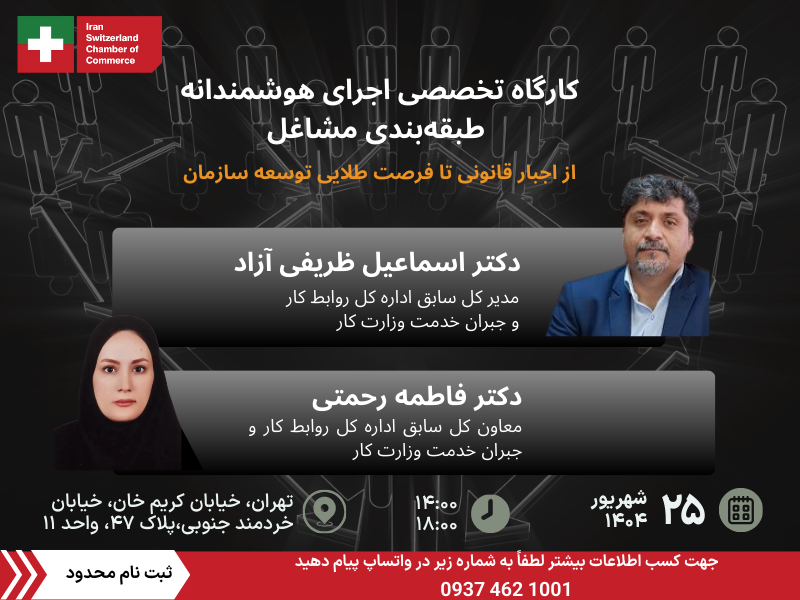
DIGITAL MARKETING
آوریل 3, 2023
Why are watches popular in Switzerland?
آوریل 3, 2023You want to stay ahead of the curve in your organization? Then try to improve soft skills in human resource. Today soft skills have a vital role in sustain the employees in the organization. Competitive benefits have affected the culture of workplace and employees look for companies that help them to be motivated.
Soft skills are really important and are mix of personality traits, social attitudes and behavior. People go through different challenges in a workplace and sometimes obstacles overcome employees. They are confused and cannot find the solution to lead up effective conclusion.
Soft skills help employees to manage conflict, collaborate and work in a more stable workplace. Moreover, employees need the soft skills to foster better connections with clients. On the other hand, soft skills help employee to make good networking and benefit teamwork.
Hr soft skills and hard skills are both important in a company or organization. HR soft skills are not easily measurable but are effective for evaluating the employees.
7 types of soft skill:
No matter you are a human resource manager or a marketing manager, if you work in an organization, you need to apply soft skills. For example, communication skills in HR are just a part of soft skills. It means that managers need to understand employees in a well-organized pattern in order to maintain them in the workplace.
Soft skills in HR management help managers to go through challenges and to communicate with employees.
In the essay of “soft skills in human resource”, Iran-Switzerland chamber of commerce explains different types of soft skills as the following.
- Teamwork

Teamwork makes the dreamwork.
Successful human resource managers do believe that applying soft skills help them to achieve goals and to compete with other rivals in the market in a better way. Teamwork is an impressive soft skill that managers must pay attention to it on a routine daily in the workplace but such a vision becomes a nightmare when managers have big dreams but bad teams. Effective teamwork helps hr managers or managers to achieve goals, mission and vision in a faster and more sustainable way as john C.Maxwell says: Teamwork makes the dream work.
There is a lot more to teams than just spreading around the teamwork makes the dream work memes. If you are eager to improve performance you need to make an impressive teamwork to follow up your dreams.
Team building has some benefits such as problem-solving, collaborating, removing obstacles, being motivated, commitment and enjoyment in workplace and improving communications among employees, then procedures in workplace run more smoothly.
As the “teamwork makes the dream work” says, you as a leader or a manager of the team must invest to make a good teamwork. First try to take survey your company’s budget and know time constrains, the both assist you to make a durable decision.
- Communication
Communication skills are really important nowadays. No one can deny importance of communication in individual or interpersonal relations. As you see, elements of communication consist of some elements such as source, message, channel, receiver, feedback, environment, context and interference.
Successful communication is necessary in workplace or life private. Of course, you have heard about examples of communication in daily life. Everyone needs 5 communication skills as the following:
Listening is the most important factor in communication skills. You should be alerted and concentrated to listen to the person that is talking with you.
The second communication skill is straight talking. Try to avoid misunderstanding and transfer your emotions without side-effects. Speak clearly and try to have self-confidence.
Non-verbal communication is the other soft skill. Transmission of messages or signals in a nonverbal platform like body language, eye contact, facial expression, gestures and postures is categorized as non- verbal communication. Non-verbal communication sends cues to others using actions rather than words.
Stress management and emotion control are the other elements of communication elements.
- Work ethics
Work ethics is also important and is being increasingly paid attention. Work ethics in the workplace has changed to a controversial issue. Work ethics is a set of standards and behaviors what is or is not acceptable in a workplace. Work ethics are important in a company because they keep all members or employees more accountable for their actions and duties. Work ethics and values are different in cultures and obey from value and strategy of the organization. Managers must organize to have a clear work ethics in the workplace because it helps them to make a unity and to encourage employees to be more accountable to the actions.
If you have a high work ethics in the work place, the employees show their best.
- Leadership
Have you ever heard about positive role of leaders in an organization?
Absolutely leaders have a main and impressive role in a workplace. People are different and behave differently. According to new challenges that have been appeared in a workplace, leaders help to members of a team to solve problems and to decide well. Personality of members of a team is totally different and challenging and could make soft skills harder and harder but a skilled leader could survive your organization. Leaders are directly involved in conflict solutions and are ready to cultivate the culture of company to make smooth condition for all members, to lead them and to help the members of a team to achieve the goals.
- Adaptability:
21ST-century has arrived and rapid changes are common in the workplace. It is necessary for all employees and workers to adapt with changes with ease and agility because they need to keep job position. Adaptability is a soft skill in human resource and is really important because the employees are sometimes forced to take on some multiple tasks at once and these tasks can fall outside the expertise of workers or employees, then adaptability is required.
- Problem- solving:
Problem-solving is a main soft skill in human resource. If you employ and train workers or employees that can solve problems when an issue arises, your organization will be more successful. Saving time, money and stress is the other positive aspect of problem-solving as a soft skill in human resource.
- Interpersonal:
Interpersonal skill is an effective tool that fall under the category of soft skill in human resource.
Interpersonal skills consist of different aspects such as empathy, listening, teamwork, the ability to handle conflict and verbal and non-verbal communications.
All those that human being uses to communicate and interact with the others are interpersonal skills. All employees need to improve interpersonal skills in a workplace.
There is a difference between being a manager or a leader. You should improve the interpersonal skills as the leader if you are eager and motivated to have good soft skills in human resource. It is really needed to sustain skilled employees in your organization.
Some examples of interpersonal skills include active listening, teamwork, dependability, responsibility, leadership, motivation, flexibility and patience. First maybe you think that bringing all these soft skills in the organization could be hard or impossible, but it is just a limiting belief. Try to think positively and do not be scared. Changing is difficult for anyone because we have formed the habits and our continuous behaviors in our daily life, then we have formed the habit to them. The organization where we work needs improving in soft skills using new methods of human resource then we just need the first step to go more forward. Soft skills for managers are needed because leaders and managers need to communicate with employees. An expert manager knows that showing a real interest in the colleagues, practicing active listening, being assertive, practicing empathy, controlling the emotions, acknowledging other’s expertise, admiring the personnel, encouraging employees by saying thank you or giving them monetary and spiritual rewards, all could lead up positive conclusions in the workplace. Then hard skills are not enough in an organization and soft skills are totally needed.
Focus your energy and money on nurturing the soft skills of the employees of your organization. Soft skills have changed to a competitive benefit in organizations and leaders or managers are forced to train the employees to improve soft skills. Then it is highly recommended that any business prioritizes soft skills in the company.
DEVELOPING HR SOFT SKILLS IN THE WORKPLACE:
So now you have familiarized yourself with the soft skill list. Here are some ways in which HR soft skills can be developed.
Soft skills training work
Team-building
Observations
Coaching
By Mahsa Salimi




